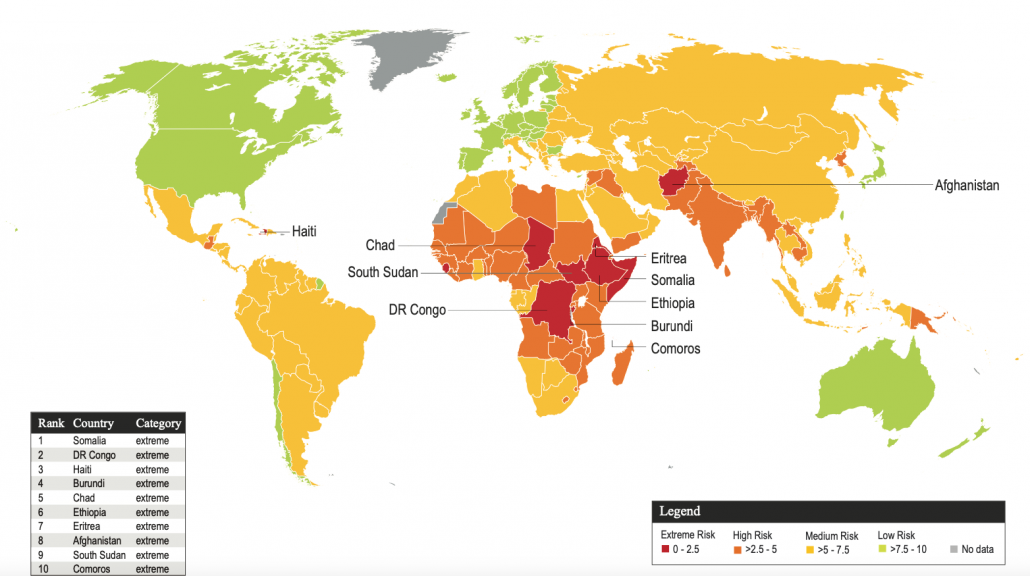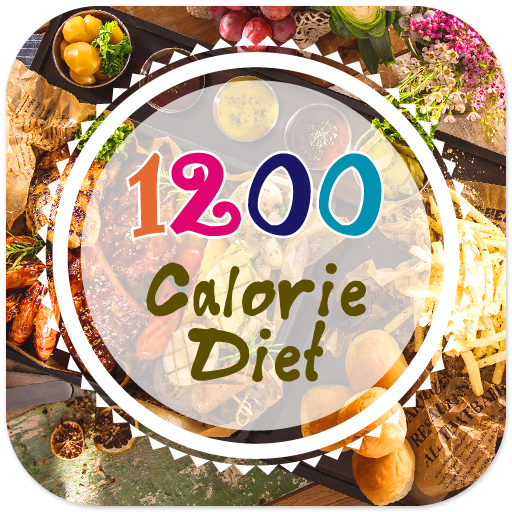
Self-control, time management, diet, and exercise are key elements to successful fat loss. If you lack any of these qualities, it will be difficult to lose weight. This article will help you to get started on your weight loss journey. It's not difficult to lose weight, but smart. Here are five tips to help you get started. You can follow them to achieve your fat loss goals.
Self-control
Researchers found that self control is an essential component to successful weight loss. Self-control plays a crucial role in weight loss. Numerous studies have shown that people with more self-control lose more weight than those who have less. These results are limited because the role of self-control is not clear. A behavioral weight-loss program found that participants with greater self-control had higher weight loss, more exercise, and better attendance.

Time management
Losing weight is a great way to improve your health and increase your energy. It can also boost your immune system and your immunity. It can also free up time for other goals. Weight loss can be a wonderful goal, but it can also make it difficult to manage other aspects in your life. Good time management skills can help you achieve your weight loss goals, so keep reading to learn more about how to use your time more effectively. Here are some tips for managing your time when you lose weight.
Exercise
For many reasons, it is a smart idea to incorporate exercise into your weight loss strategy. Exercise can burn calories, which is a substantial portion of the energy you consume. Your basal metabolic rates (BMR) are the energy that your body consumes while you're at rest. Exercise helps you to burn calories that aren't being absorbed by your food. Additionally, exercising keeps your heart healthy and is essential for weight loss.
Hormones
The hormones, chemical messengers in your body, control how you feel and behave. These chemicals regulate many aspects of your body, such as your appetite, sexuality and growth. Unbalanced hormones can cause unwanted side effects and weight gain. Thyroid hormone therapy could be a good option for weight loss. Thyroid hormones regulate your metabolism, as well as your heart rate and body temperature. But the hormones that your thyroid produces are not the same as those found in your body. First, diagnose and treat any hormonal imbalances.
Whole foods
Switching to whole food diets is one of the best ways you can lose weight naturally. You should make gradual changes, but not too drastic. It takes time for habits to form, so gradual changes are the best. Start with small changes and you'll find that whole foods are easier to stick to and even crave. Also, it is possible to make small adjustments to your existing diet within a week. You'll be less likely overeat later on.

Calorie management
The key to long-term weight management is calorie control. You have probably already tried the calorie cutting game, and had quick results. Rapid weight loss is unlikely to last once your body adapts. Instead, slowly reduce the calories you eat over time. You will be amazed how much weight can you lose. But how can this be done?
FAQ
What can I eat in the morning while intermittently fasting
Get water in the morning. It will help you feel fuller, faster, and it will give you energy throughout your day. If you want to add flavor, try adding lemon juice or cucumber slices.
Are there any side effects of intermittent fasting?
Intermittent fasting is safe and has no side effects. Some minor issues might occur if you do not plan your meals properly.
For example, if you skip breakfast, you might be irritable all day long. Also, you might experience dizziness, headaches, fatigue, muscle cramps, and dizziness.
These symptoms are usually gone within a few days.
What length of Intermittent Fasting should I be doing to lose weight?
It is not as easy as you think. It is important to take into account a number of factors when deciding the optimal days for fat loss. These include:
-
Your age. For example, if you're young (under 40), intermittent fasting may be too difficult for you because you have less time to recover from each day's fast. However, intermittent fasting may be too difficult for older people (over 60) who might not have the energy to continue a long period of daily fasting.
-
Your current body composition. Longer periods of fasting are more beneficial if you have a lot muscle mass. Shorter fasting might be more appropriate for you if you have less muscle mass.
-
How physically active. Regular exercise may mean that your fasting window needs to be extended to allow you to get sufficient rest between sessions.
-
Your past health history. Some people with medical conditions like diabetes, heart disease, cancer, etc., may require additional fasting monitoring.
-
How well do you tolerate stress? Stressful situations often make us eat less. To avoid this, you might want to increase the lengths of your fasting window.
-
What type of diet do you follow? Certain diets, like ketogenic diets, may require even longer fasting periods.
-
The quality of your sleep. A decreased quality of sleep can also be linked to decreased appetite and metabolism. It may take some trial and error before you find the right combination.
-
The amount you eat of protein. The ability to stabilize blood sugar levels. Eating more protein can lead to lower insulin levels. This would allow you to fast for longer periods of time.
-
Whether you're trying to gain or lose weight, people who are trying to gain weight usually require longer fasting periods than those who are trying to lose weight.
-
How many calories do you consume in your fasting windows? You might lose more fat if your daily calories are lower than those you consume.
-
Your fitness level. Faster people are more likely to be fit, and burn more calories during the day.
-
Your gender. Men tend to have greater appetites that women, so they may need a longer fast. Women are more likely to have smaller appetites and may need to fast only 20-30 minutes every day.
-
Your lifestyle. Are you someone who is active? Do you workout several times each week? Are you a worker who sits at a computer all day? All these factors can have an impact on how much time you should speed.
-
How much do you spend per month on food? Not all healthy food means you need to spend a lot more on groceries. Whole grains can be substituted for white bread, whole fruits can be purchased instead of candy bars and lean meats over fatty cuts.
-
How important it is for you to control your hunger. You don't have to skip meals if you don’t want to.
Statistics
- It's estimated that half of all American adults attempt to lose weight every year (1Trusted (healthline.com)
- Among women, the increase in metabolic rate was nearly 4%, or 50 more calories per day (14Trusted Source (healthline.com)
- According to a study sponsored by the American Council on Exercise, a person weighing around 140 pounds (64 kg) would burn 108 calories at a 30-minute beginner's Pilates class or 168 calories at an advanced class of the same duration (26). (healthline.com)
- One study in 9 active men found that HIIT burned 25–30% more calories per minute than other types of exercises, including weight training, cycling, and running on a treadmill (18Trusted Source (healthline.com)
External Links
How To
How to lose weight fast and not need to exercise
To lose weight quickly, eat fewer calories that you burn. Your body will start to burn fat stores for energy. You will see some muscle shrinkage if your body doesn't consume enough calories. You can still lose weight if you don't work out while dieting, but you'll probably lose even more muscle mass.
You can lose weight quickly without having to work out by reducing your calorie intake. Many people believe that they need to reduce their food intake in order to lose weight. However, this is not true. If you are looking to lose weight, it is important to consume fewer calories per day than you burn. What should you eat daily? It depends on what kind of activity you engage in daily. For example, a runner who walks 3 to 5 miles per day would only require 2,500 calories daily. One who sits at the desk all day would require 1,600 calories daily. A person who exercises frequently (like lifting weights), would only need about 1,600 calories per day.
You should reduce your caloric intake if you want to lose excess weight. Many people feel that they shouldn't eat as much food as they do because they feel hungry. This is not true. Your body doesn't care if your hunger pangs are gone or not. It just wants to be healthy. It is important to monitor your calorie intake in order to lose extra weight. Many online apps allow you to track your calorie intake. MyFitnessPal (Calorie Counter), and LoseIt are just a few of the many apps available online.